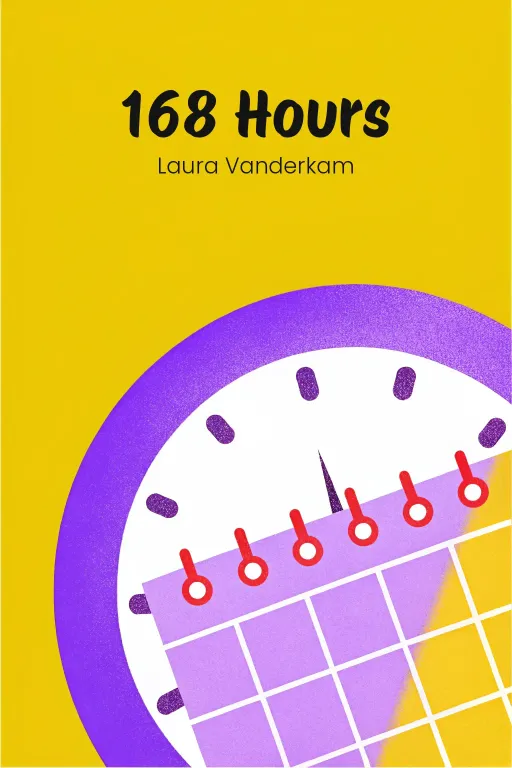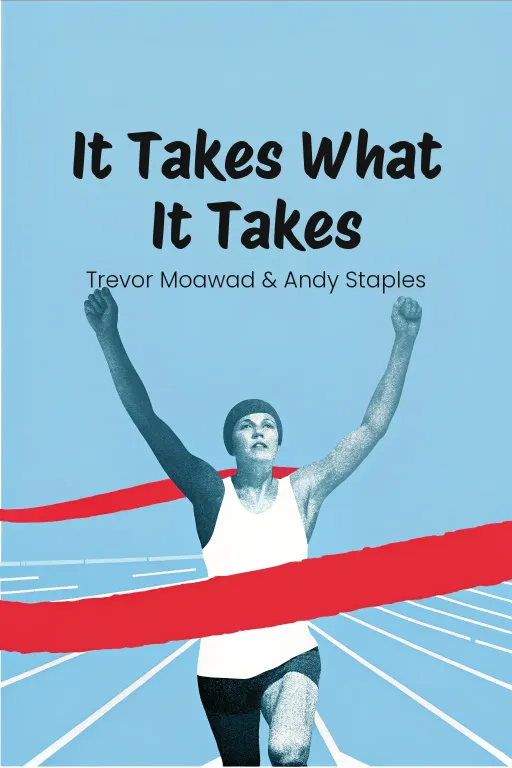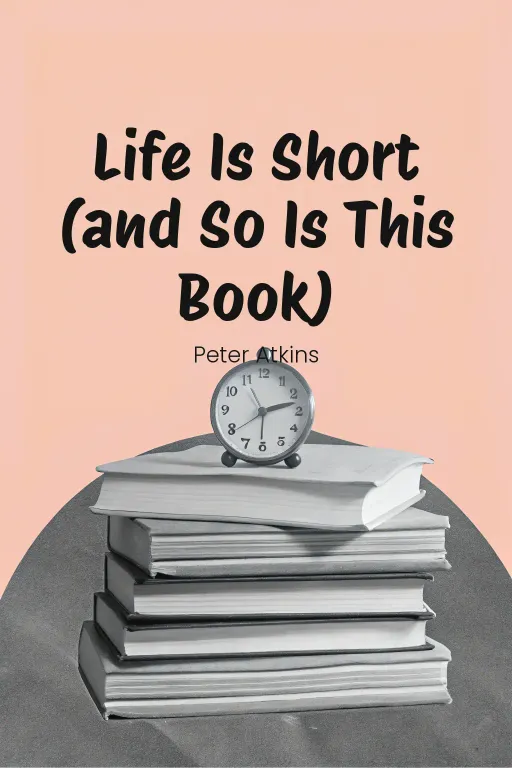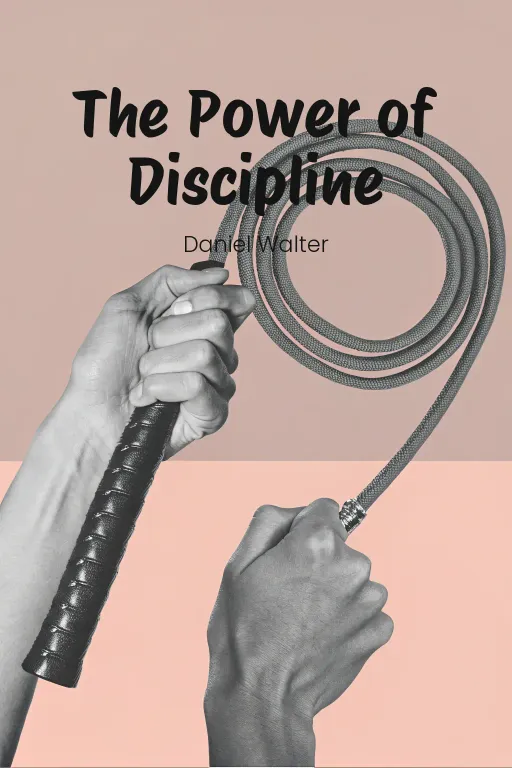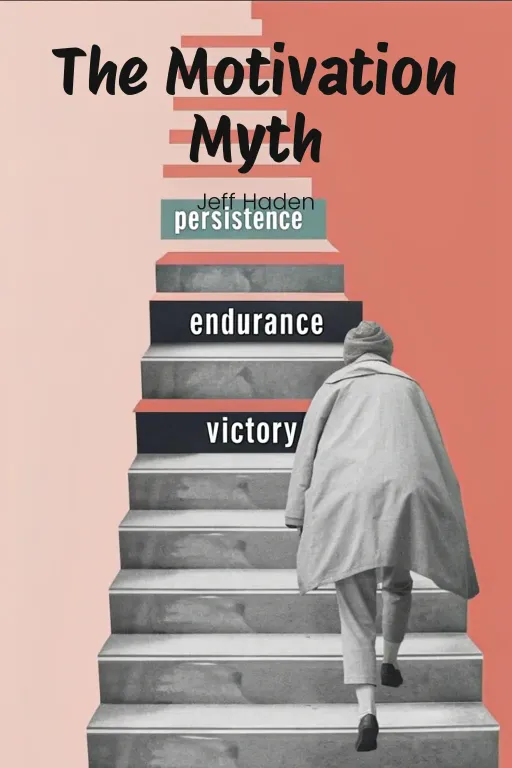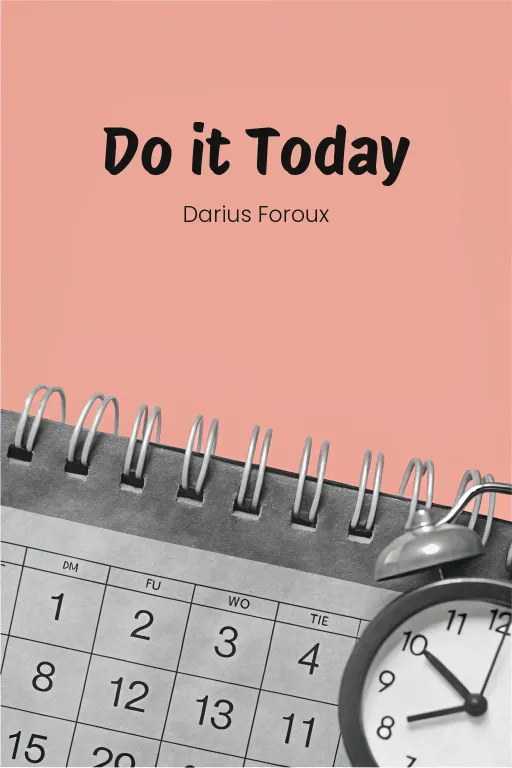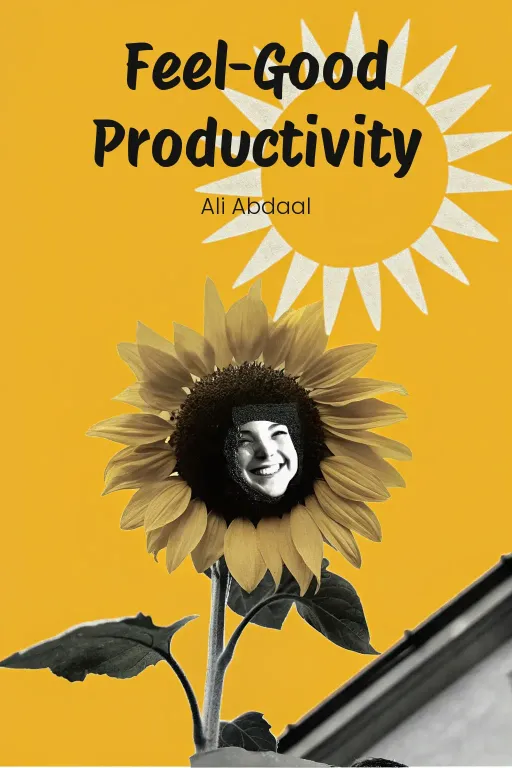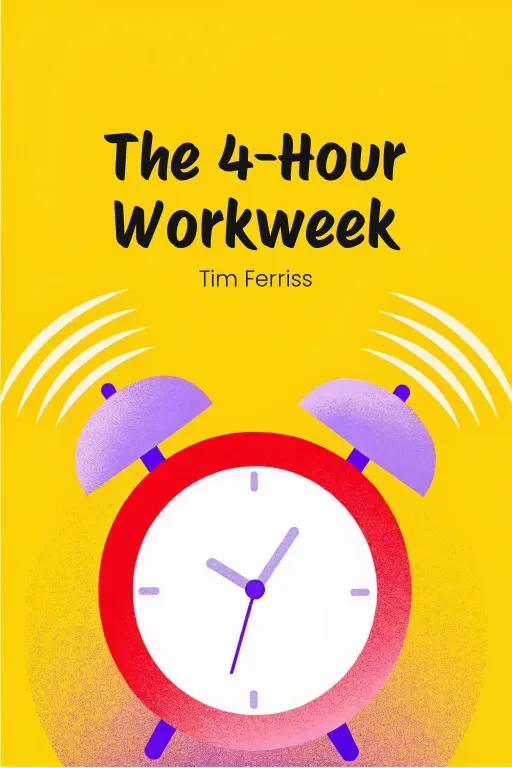
Reclaim Your Week: Time You Control!
Podcast by Beta You with Alex and Michelle
You Have More Time Than You Think
Introduction
Part 1
Alex: Hi everyone, welcome to the show! Let me kick things off with a question: Have you ever felt like the days just slip through your fingers? Like you're constantly rushing but never actually making progress? Michelle: Oh, tell me about it. It's like I'm on a never-ending hamster wheel. And somehow, that wheel always seems to lead me down a rabbit hole of bizarre online videos when should be working. Alex: Exactly! Well, today we're diving into that very feeling, that very struggle, through Laura Vanderkam’s book, “168 Hours: You Have More Time Than You Think”. It totally reframes how we perceive time. Instead of stressing over every minute of the day, Vanderkam urges us to zoom out and look at the entire week. 168 hours, regardless of who you are. Michelle: Right, whether you're juggling a business, raising a family, or, you know, shamelessly re-watching your favorite TV show, we all get the same 168 hours a week. The key is how we choose to spend them. Alex: Exactly, and that’s where this book shines. It's about aligning your time with what truly matters to you – your values. Vanderkam offers a roadmap to a more balanced and fulfilling life. With smart strategies like delegating tasks, focusing on what you excel at, and prioritizing what you genuinely care about. Michelle: Okay, I'm intrigued. What's on the agenda for today? Give us a sneak peek. Alex: Sure, I'm glad you asked! First, we're going to bust this myth that there’s "never enough time," just not true! We'll share inspiring stories, like Theresa Daytner's – she's a total powerhouse. She's mastered what most people only dream of. Then, we'll zero in on "core competencies," figuring out what you're genuinely good at and enjoy, so you can spend more time there. And finally, we'll wrap things up by going over some practical tools, like time tracking, to help you put these ideas into action. Michelle: Alright, so it's like we're becoming artists of our own lives, where each hour is a brushstroke on the canvas. Hopefully my canvas doesn’t end up looking like a kindergartener's art project. Alex: Don't worry, Michelle, stick with us! There's hope for everyone. Stay tuned while we discover how to reclaim your 168 hours!
Intentional Time Management
Part 2
Alex: Okay, so let's dive right in. The core idea is tackling this myth of the "time crunch"—you know, the feeling that we're all drowning and just can't catch our breath. Laura Vanderkam argues it's not about having no time, but about how we actually use the time we have. Michelle: Right, this whole narrative that we're at the mercy of our schedules. It's weirdly comforting, isn’t it? Like, "Hey, it's not my fault. Time's just the enemy." Alex: Exactly! Her Theresa Daytner case study just blows that out of the water. I mean, she's a CEO, runs a construction company, and raises six kids. Oh, and she still finds time for hobbies like hiking! Michelle: Woah, hold up--six kids and hiking? That sounds like a reality TV show waiting to happen. Alex: I know, right? But get this: Daytner makes conscious decisions about her time. She’s not getting bogged down in every single task. Vanderkam talks about how taking time for herself, like a weekday hike, actually made her more effective across the board. It's that idea of self-care not being a luxury, but a strategic move. Michelle: So basically, “Hiking makes me a better CEO and mom?" Is that the core message here? Alex: Yeah, in a way. It’s about flipping the script. Instead of feeling trapped, you see time as a resource you can actually shape. Daytner isn't just working harder; she's working smarter. She delegates intentionally, stays super focused in meetings, and makes family time a priority. As Vanderkam points out, she sees time not as a constraint, but as a choice. Michelle: I’m buying the philosophy, but let’s get down to brass tacks. How do regular folks, who maybe aren’t CEOs, start thinking this way? Alex: Well, that leads us to core competencies—figuring out what you're best at and what actually energizes you. Vanderkam says that if we focus on those areas, we can maximize our impact and minimize energy wasted on stuff that doesn't align with our values or skills. Michelle: Okay, so "core competencies" isn't just a corporate buzzword. It actually applies to my personal life too? Alex: That’s a great way to put it. Look at Mindee Doney and Julie Pickens, who co-founded Little Busy Bodies. They focused on their strengths in their business, but they also structured their schedules around their family lives. Michelle: Let me guess, they’re also juggling like, a dozen kids each while building a multimillion-dollar company? Alex: Bingo! They built a $5 million business in two years, structuring their schedules to match their values. Doney would work at home while the kids watched cartoons and then tackle emails after bedtime. Pickens made sure evenings and weekends were sacred family time. They knew their strengths, delegated the rest, and focused on what mattered most. Michelle: So, the magic formula is: focus on your strengths and don’t beat yourself up over tasks you hate or aren’t good at. But how do we figure out what that balance is? Alex: That’s where time logging comes in. Vanderkam swears by it. It's like a personal audit of your schedule. You write down everything you do for a whole week. Michelle: Everything? So like, “Watched squirrel videos on YouTube for 23 minutes instead of writing that email"? Alex: Exactly! No judgment. The point is to get a really honest picture of where your hours are actually going. There's this software developer in Hawaii, Sid Savara, who logged his time for three weeks. He realized he was spending 15 hours a week on cooking, shopping, and meal prep. He didn't even enjoy it! Michelle: Fifteen hours? That’s almost two full workdays! Alex: Right? So he hired a chef and slashed that down to five hours. He used the extra time to practice guitar and write—stuff that he actually enjoyed and that moved him closer to his goals. Michelle: Okay, I see the value. But what if someone logs their time and realizes they’re not exactly wasting 15 hours—they’re just generally busy? Alex: That’s when you have to ask the hard questions. Are you spending time on things that align with your values? Are there things that you can delegate or just stop doing altogether? Time logging isn’t just about seeing what you’re doing, it’s about using that information to make intentional changes. Michelle: So it shifts from "Where's my time going?" to "Why is it going there, and what am I getting out of it?" Alex: Exactly! Vanderkam’s essential point is that time is both limited and abundant, depending on how you view it. When you’re intentional about what you take on, what you let go of, and what you prioritize, you can start to reclaim those 168 hours a week instead of feeling like they're slipping away.
Conclusion
Part 3
Alex: Okay, time to bring this home. Today, we’ve dived deep into some of the core principles of “168 Hours” by Laura Vanderkam. We talked about how the whole "too busy" thing is often more of a perception than a reality, and how powerful it can be when you align your time with what you truly value. Plus, we touched on strategies like focusing on your strengths and actually tracking where your time goes. Michelle: Right, so, CEOs who manage to squeeze in hikes, mothers who somehow build million-dollar companies... We even mentioned people who outsource cooking! I guess the real message here is: it’s not about packing more into our already packed schedules, but about being intentional about how we use the hours we already have. Alex: Precisely! Time is surprisingly adaptable. It's really up to us to mold it. So, here’s a challenge for everyone listening: really scrutinize how you’re spending your 168 hours each week. Start logging your time, figure out your priorities, and be honest about what you can let go of. You might be surprised to find you had more time than you thought. Michelle: Yeah, think of time as a blank canvas. Let’s stop just filling in the gaps and start painting something we’re actually proud of. Alright everyone, until next time!

